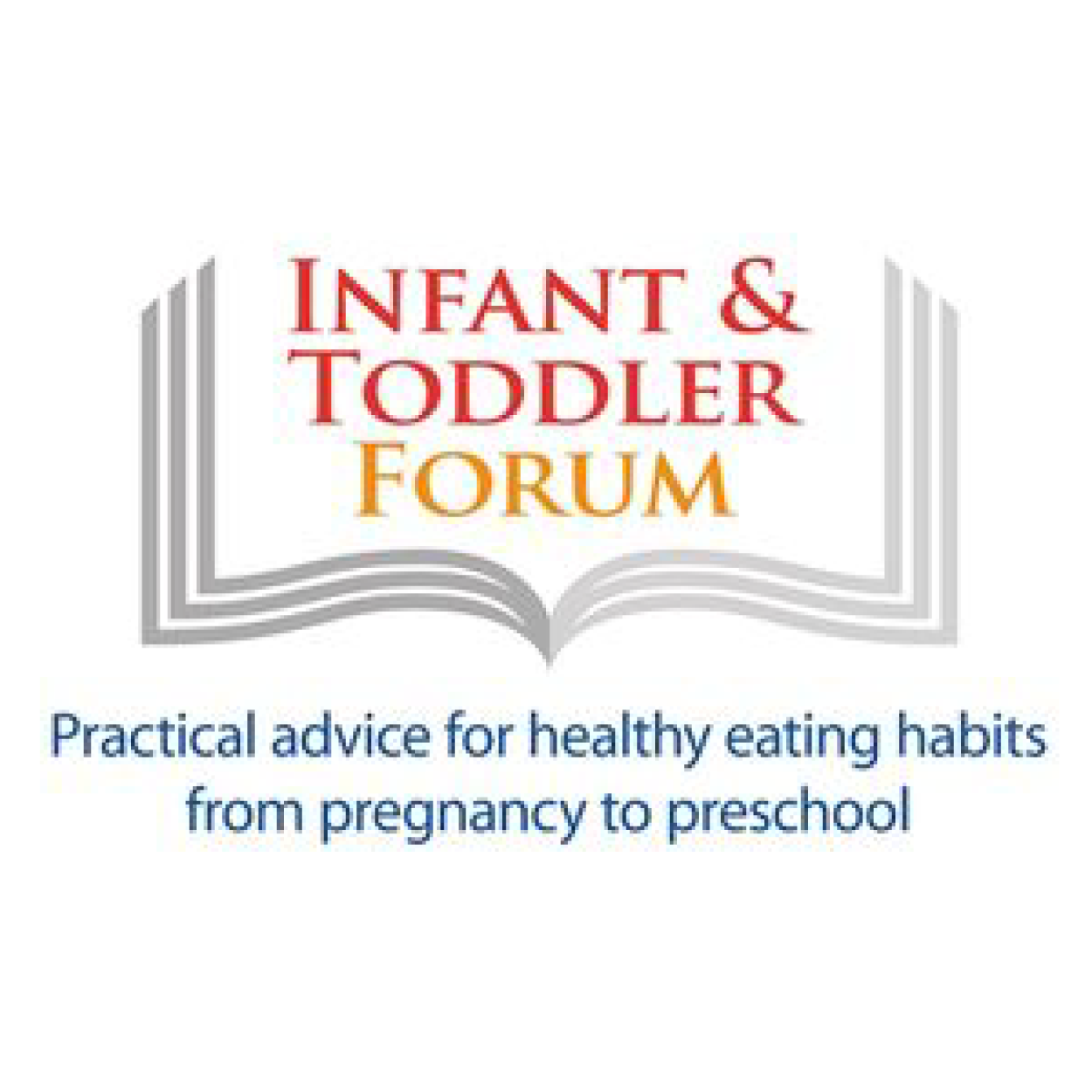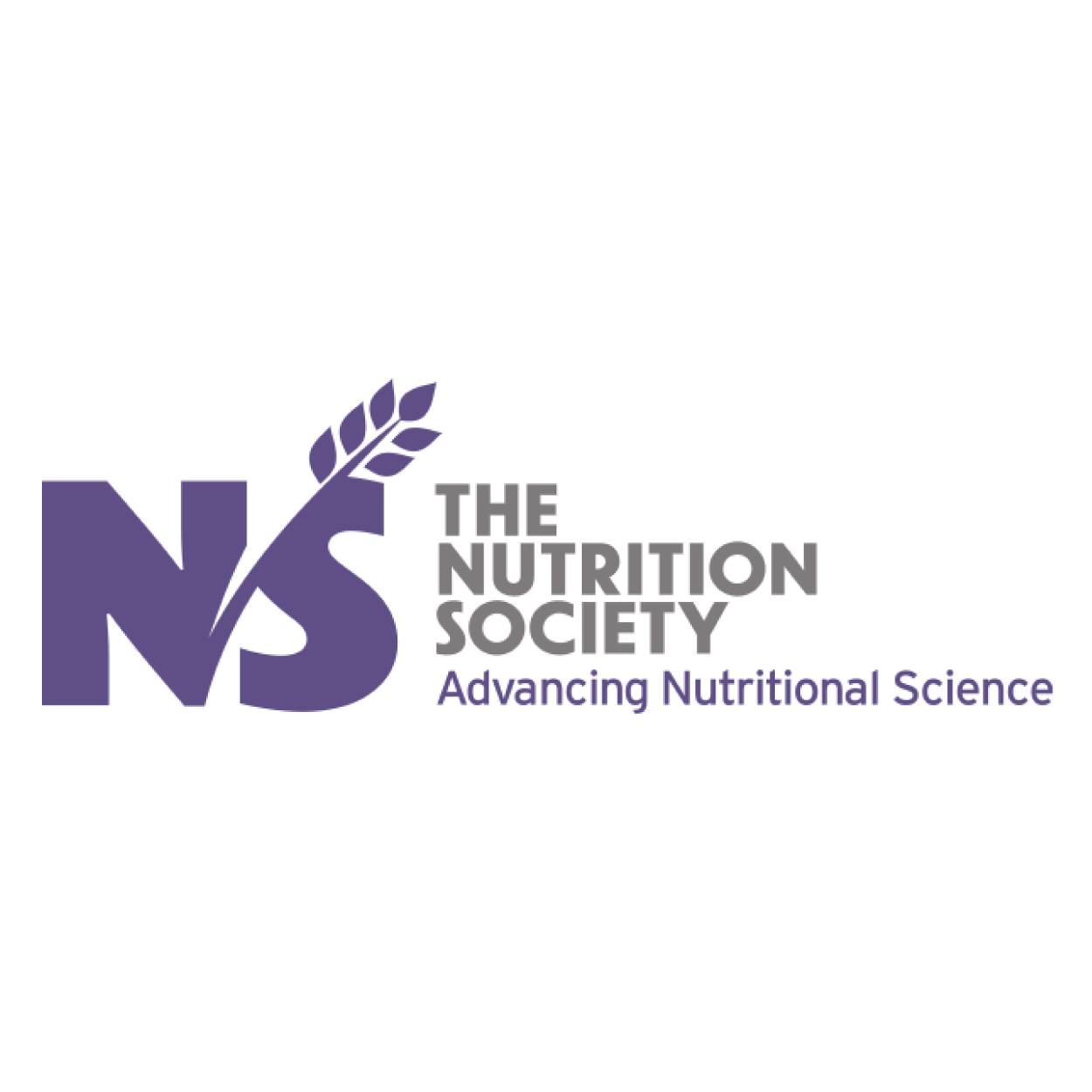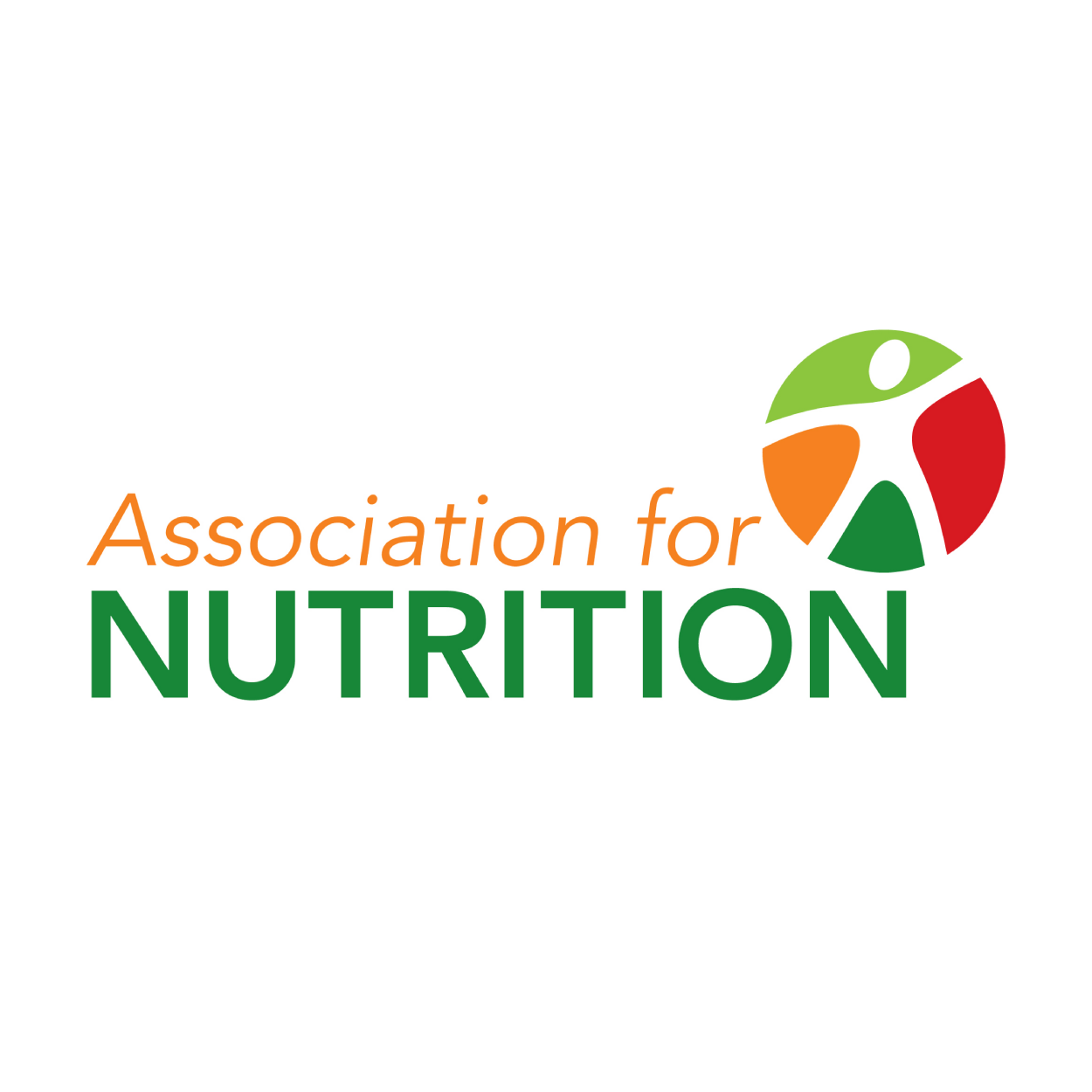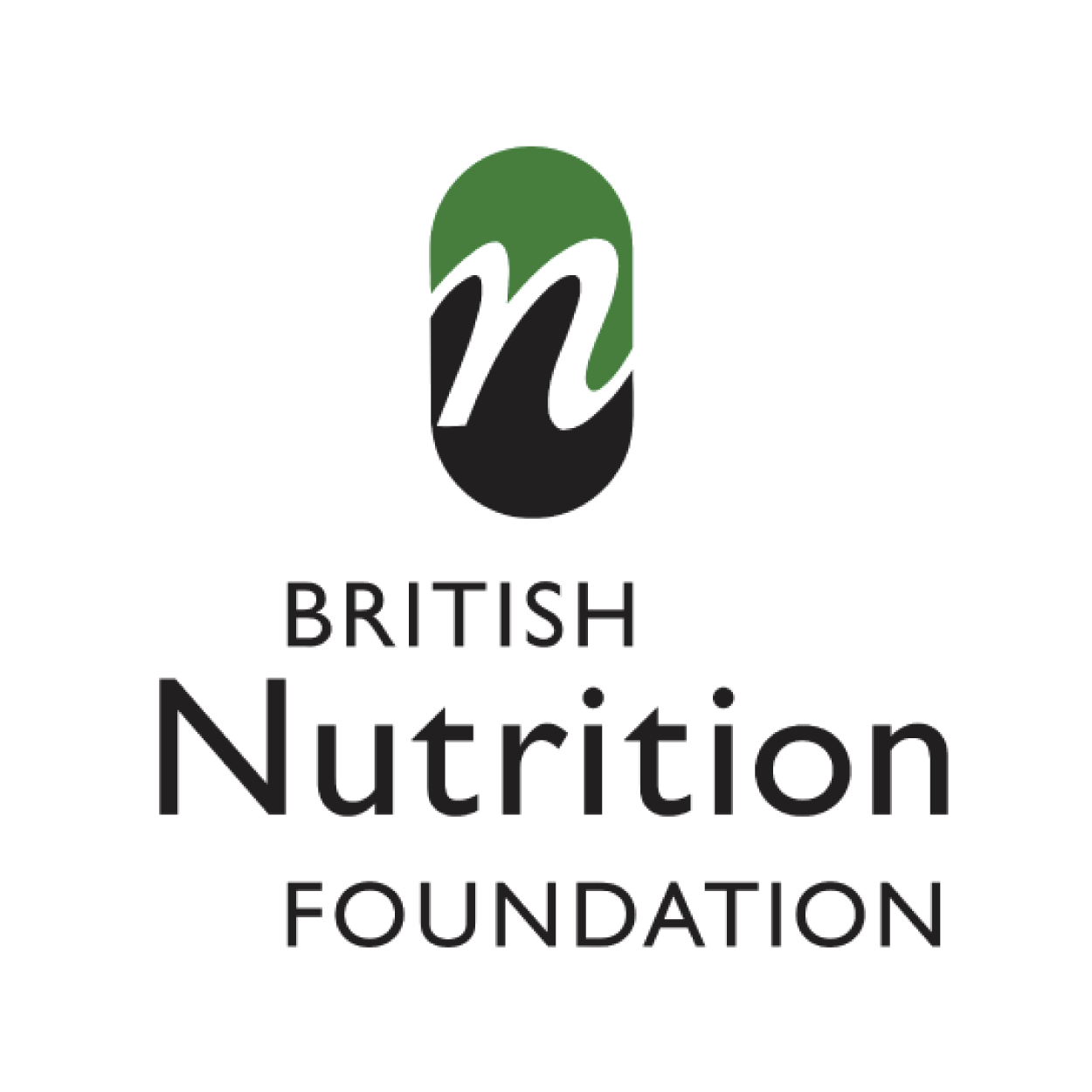Here are some questions that parents frequently ask. If you have a general query please feel free to contact us, as the answer to your question is sure to help others too.
Should I give my child a vitamin supplement? He eats a healthy diet.
Children do not get enough vitamin D from their food and drinks in the UK, even those who eat well. Only oily fish is a good source of this vitamin. Eggs and red meat have very small amounts as do some foods that are fortified with it. Other foods do not contain any. Most vitamin D is made in the skin when children are outside during the summer months April to September. However sunscreen prevents this. Many children have very low levels especially in winter. Consequently from July 2016 the Department of Health recommended vitamin D3 supplements for some of the population but the recommendations are rather vague. As vitamin D supports good bone health and is also important for the immune system, I recommend:
Babies are given 8.5-10 micrograms vitamin D3 each day. This is important for breastfed babies as breastmilk is very low in vitamin D3. Formula milk is supplemented with vitamin D3 but unless your baby is drinking at least 800mLs each day they will not get this amount of vitamin D. There is no harm in giving a baby who drinks more than 800mLs formula each day a 8.5-10 micrograms vitamin D3 supplement.
Children should take a daily supplement of 10 micrograms vitamin D3.
Overweight children often have low levels of vitamin D and could take 15-25 micrograms vitamin D3 each day.
How can I get my child to eat more vegetables?
Children learn by copying and their parents are their strongest role model so parents must eat fruit and vegetables and make positive comments about them e.g’ these carrots are delicious’. Serve fruit at breakfast and at least one vegetable and one fruit at each of the main meals. By doing this, your child will learn that it is normal to have vegetables and fruit at each meal.
Some children dislike the texture of vegetables and some dislike the bitter tastes. Serve the vegetables roasted or stir fried as this lessens the bitter taste. Some children are more willing to eat the sweeter tasting vegetables such as carrots and parsnips. As s/he becomes familiar with vegetables and sees you and others eating them all the time, s/he will eventually begin to eat them. It may take some time so don’t give up.
My four-month old baby wakes at night. Should I introduce solids now?
Babies’ sleeping changes when they are around 4- 6months old and babies may begin waking at night during their periods of lighter sleep when they are more easily aroused. They are not necessarily waking because of hunger and may just need a quick cuddle for comfort before being snuggled back down. If you begin offering extra milk feeds in the middle of the night you may be developing a habit that later becomes hard to break. Begin weaning when your baby is showing developmental signs that he/she is ready for solid food i.e. they can sit and have good head control, they are putting toys and objects in their mouth and chew on them and they watch others with interest when they are eating. This will usually be between 4 and 6 months for babies born at term. Pre-term babies need individualised advice and you should discuss when to begin weaning them with their medical team. It will normally be between 4 and 6 months after their EDD.
My two year old chews meat and then spits it out. Is he getting enough iron?
Possibly not although some iron will be absorbed. Most toddlers do not like hard fibrous meat. Try offering softer versions of meat such as paté, good quality sausages, burgers or minced meat. Diced casseroled meat which has been cooked slowly and is soft may also be more acceptable. Chicken has a softer texture and is the most popular meat with children. Give the dark meat from the legs and thighs of chicken as it is higher in iron.
How can I improve my teenage daughter’s calcium intake – she doesn’t drink milk?
Teenagers, like all children, need to have about 3 servings of milk, cheese or yogurt each day to ensure they get enough calcium. Teenagers need this even after they have stopped growing because their bones need calcium and vitamin D to become stronger (increase their density). If your daughter doesn’t drink milk then encourage her to have yogurt and cheese instead. However she may be happy to drink lattes, flavoured milk or fruit and yogurt smoothies.
My 15-year old daughter is overweight. Will talking to her about weight reduction lead to anorexia?
The short answer is that it is unlikely to unless you or someone else criticises her or makes negative comments about her weight and body shape. Ask her how she feels about her body shape and if she says she would like to lose some weight then offer to help her.
We all eat a healthy diet but my youngest child is overweight. How can this happen?
Children who are overweight are eating too much. This can happen on a healthy balanced diet when children eat larger portion sizes than they need. Overweight children often eat more quickly than others, frequently complain of being hungry and get considerable pleasure from food. This may be because they don’t have a feeling of having eaten enough or they are able to override that feeling. You need to reduce the portion sizes of food you serve them to an appropriate amount for their age and over time teach them that these portion sizes are enough for them.
What is a dietician?
Registered dieticians (RD’s) hold the only legally-recognisable graduate qualification in nutrition and dietetics. They are experts in interpreting and translating the science of nutrition into practical ways of promoting nutritional well-being, disease treatment and the prevention of nutrition-related problems. Their advice is sound and based on current scientific evidence. Registration, awarded by the Health Professionals Council, is an indication that a dietician is fit to practice and is working within an agreed statement of conduct. The title dietician can only be used by those appropriately trained professionals who have registered with the Health and Care Professions Council. Those who are not registered are breaking the law if they use the title ‘dietician’. Judy More is registered with the Health and Care Professions Council.
Nutritionists are well qualified if they are registered with the Association for Nutrition. Nutritionists with lesser qualifications are not able to register with the Association for Nutrition and may not give sound evidence based advice.
““Thank you so much Judy for this excellent letter. I really enjoyed meeting you yesterday and am comforted to know that Molly is okay but I really am so pleased that I have learnt more about her daily nutrition and what she should be eating etc. I have already bought some vitamins and am giving her more snacks. Thank you so much again and I’ll be in touch if needs be.””







